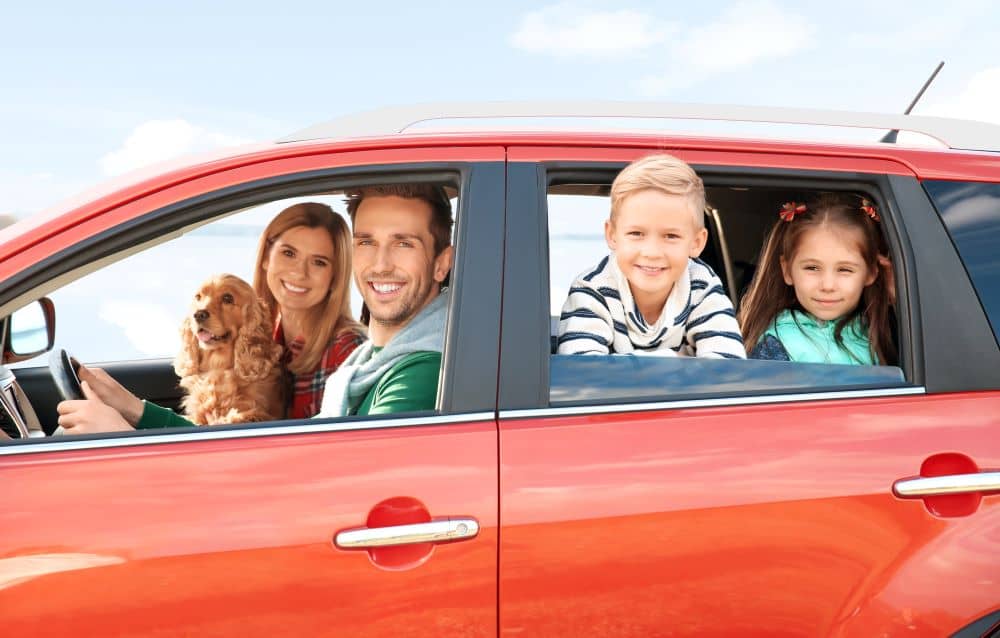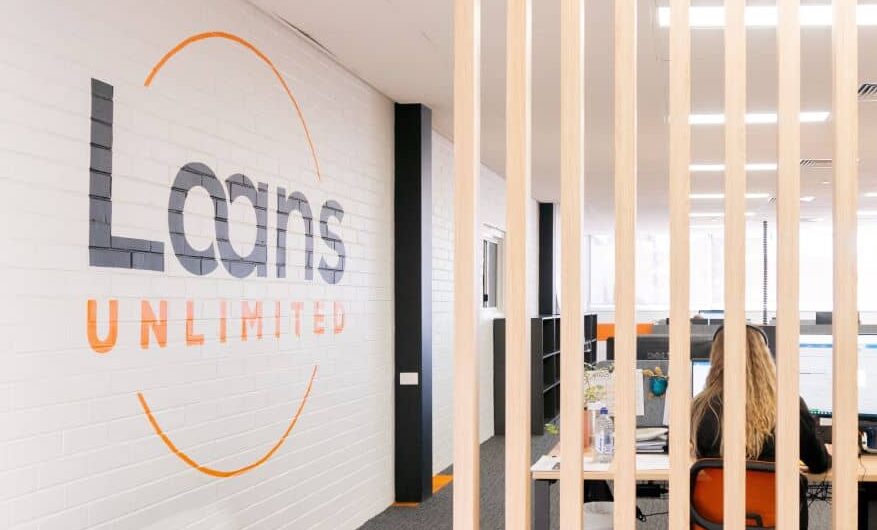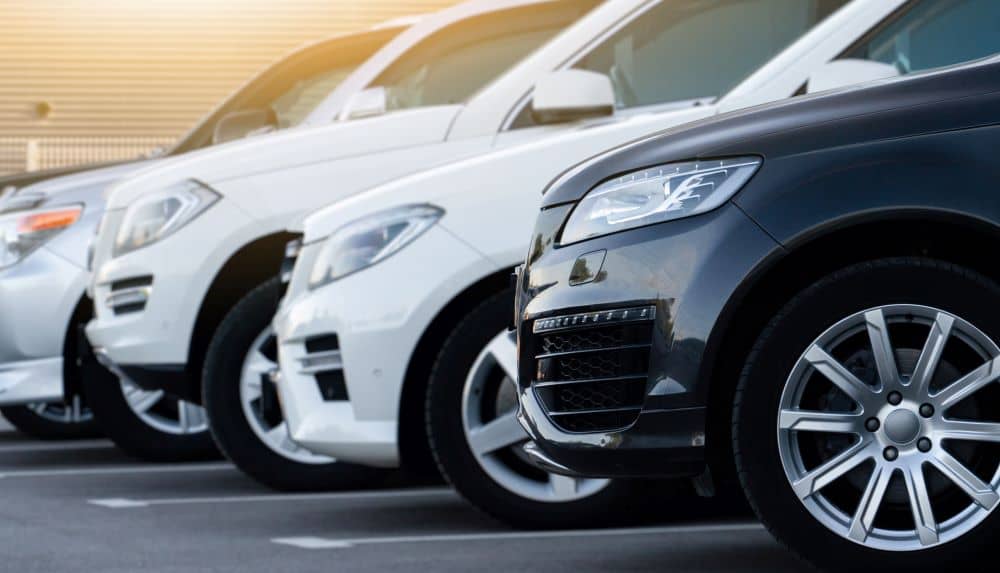Buying a car is an important decision that we make in life. The primary reason you probably want to get a vehicle is transport, which is essential no matter how your routine looks. But it is not the only deciding factor. This blog aims to help you shortlist your car choices, from setting your budget to selecting out of the available options.
Decide How Much You Can Afford
How much is too much, or how much is too little? This is the first step towards making your decision. By knowing how much you can spend on the car, you can effectively narrow down the list of vehicles within your budget.
Of course, we’re not recommending that you solely base your car choice on what you can afford. There are other money-related things that you need to consider, such as the services and maintenance required. Some cars do sell at attractive prices. However, the upkeep costs are too expensive. The insurance payments can also break your budget, so think carefully when searching for the right car. You could end up giving up on the vehicle within a few months of ownership.
You will save more if you purchase a second-hand vehicle. However, it can be pricier because the car might require more fixes, which are certainly not cheap. You essentially spend more than if you purchased a new vehicle. You can benefit from a used car loan to help you find a better car that’s worth your money.
Buying new gives you peace of mind since you get a manufacturer’s warranty, which can last about three years or more. However, you might lose more money in the end due to depreciation. So, if you are buying new, you may want to choose a slow-depreciating car, such as:
- Land Rover Defender
- Tesla Model 3
- Kia Stinger
- Toyota Land Cruiser
So, is it better to buy a used or new car? If you have a limited budget, a used car may be your option. For people with more flexibility on the price, the next step is to list the features you’re looking for.
Taking out a car loan can be beneficial, whether you plan to purchase a used or new vehicle. It helps to be preapproved for a loan before you visit a dealer. You can shop around, and you will find that many dealerships have better offers for those with pre-approval.
What is the Best Car Size?
Making this choice was so simple several years ago. If you did not cover several miles, you could purchase a hatchback. A wagon was for those who carry large loads. Meanwhile, everyone else chose a sedan. Today, we have SUVs and crossovers, which are becoming quite popular. These vehicles are comparable to standard hatchbacks but come with more features, including fuel economy and more space.
When deciding what car to buy, always consider the size and shape. It’s a good idea to broaden your search, particularly the body style and size. For example, a Volkswagen Golf, which is considered a traditional hatchback, maybe great but would a Skoda Karoq SUV be a better choice as it offers extra room at a similar price?
The size and body style will depend on what you regularly carry. Of course, you should not neglect your personal preferences in terms of style. If you often drive your kids to school, you might need extra space for them. However, some kids are especially sociable, which means they might invite friends for a ride. Therefore, you should consider purchasing a car with bigger room for everyone, such as a seven-seater.
If you have a pet, small children, or elderly relatives, an SUV may be useful. This car has additional height, making it easy for them to enter the cabin.

How Will You Use the Car?
If you have a particular type of lifestyle and then this could massively influence your choice of vehicle. We have split the types of cars into the following segments based on your needs and lifestyle:
- SUV: When it comes to practicality, versatility, and safety, it is difficult to beat an SUV. This is why SUVs now sell more than the traditional sedan in Australia. SUVs are great for families, and there are plenty of options available. For example, there are small SUVs, such as the Mazda CX-3, and you can also find a mid-size vehicle like the Honda CR-V. But if you want a larger option, a seven-seater like the Hyundai Santa Fe may be a good match for you.
- Ute: Utes are Australia’s best selling cars. The name refers to utility type vehicles similar to sedans produced locally. It’s what the rest of the world calls a pick-up truck. Some of the favourites in the country are the Toyota HiLux and Ford Ranger.
- Sedan: There is nothing more traditional than a sedan. Sure, they are not as popular as they once were, but they are still well-loved. You will find many people owning a Toyota Camry, Mazda3, and a Mercedes-Benz S-Class.
- Wagon: This option is great for families and is considered an excellent alternative to SUVs. Some choices you may want to look at are the Mazda6 and Subaru Outback.
- Hatchback: For the younger and more budget-conscious people, hatchbacks are a choice. Mazda2 and Toyota Corolla dominate the hatchback selection.
- People Mover: If you don’t like a large SUV, you can pick people movers instead. Kia Carnival and Honda Odyssey are two of Australia’s favourites. They offer an elegant solution for large families. They have sliding side doors and at least seven seats.
- Convertible: Great for leisure activities, a convertible may be what you’re looking for. Check out options like the Mercedes Benz E-class and the Mazda MX-5.
- Coupe: For an alternative to convertibles, which are heavy and less practical, coupes work as a weekend car. They are a good choice for singles and couples because of their two or four seats. Popular examples are Ford Mustang and the BMW 2 series.
Here are other questions that you need to answer:
- Do you need an off-road vehicle? Is a city car more suitable?
- Do you plan to drive long distances?
- Will you do some towing?
- Do you have enough garage space for a large vehicle? Is a smaller vehicle better for your available parking space?
- Do you need extra safety features because of your car driving behaviour?
If you have a car in mind by now, be sure it fits your purpose. Start by determining what you regularly transport. Will you use the car as the primary car for your family, or is it your secondary car? If you use it to ferry yourself alone to the shopping centre, office, or meet a friend, it’s probably easier for you to narrow down your list. But don’t forget about your family or friends, as well as the luggage that you might carry. They dictate the car type that’s practical for your requirements.
Consider the Running Costs
Some cars are cheap, but they are expensive to own. According to the Australian Automobile Association, Perth’s average car operating costs in 2019 was $17,993.95, taking 14.1% of the income share. It’s a good idea to determine the long-term cost of ownership, which include the following:
- Depreciation
- Fuel costs
- Maintenance
- Insurance
- Roadside Assistance
- Stamp Duty
It’s a fair trade-off for the most part. The convenience that you enjoy with your car comes at a price. The amount you can save or spend will depend on many factors, including the vehicle type and the fuel you use. If you drive your car frequently, it will, of course, cost you more. Your insurance plan also takes a lot out of your monthly budget. Fuel prices continue to fluctuate along with licence and registration prices.
Add to that, you owe more taxes, especially if you have a luxury car since the ATO will charge you an additional 33% based on your car’s value. Owning a car in Australia can be super expensive. To save on the running cost, this blog is worth reading.
Other Things to Ponder On
Should you lease or buy a car? If you’re struggling to select the best car for you and your needs, you may consider leasing. This means that you put down less money while enjoying the benefits of driving a new car every few years. The repair costs are usually covered by the warranty. Trade-ins are generally not an issue at the end of the lease. Of course, you need to read the terms and conditions of the agreement carefully. Ask as many questions as you can, or hire a lawyer to help you interpret what’s in the paper.
On the other hand, buying a car has its perks. When you purchase it, you own it. And being the owner gives you a few important rights, including the decision to sell the vehicle whenever you wish. You are also allowed to make modifications the way you want them, unlike with a leased car. You do not have to worry about mileage penalties, as well. Expenses are much lower when you purchase the vehicle compared to a lease.
Owning a car is more than a luxury; it is a necessity. Set a budget to help you decide what you can afford, and from there, you can buy the car that meets your style and requirements. Have you decided on which vehicle to buy but don’t have enough money for it? No worries! Contact Loans Unlimited, and we’ll help you drive your dream car in no time.




